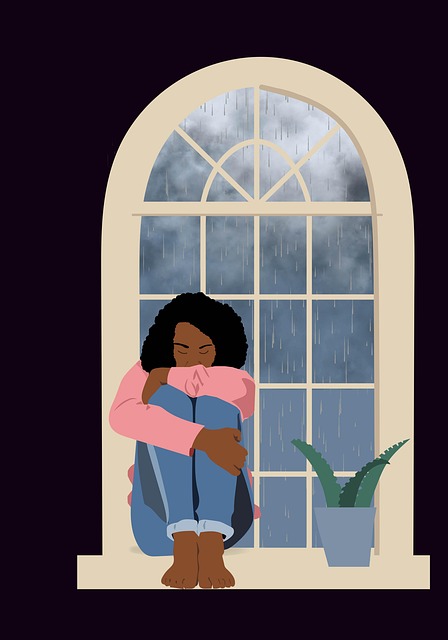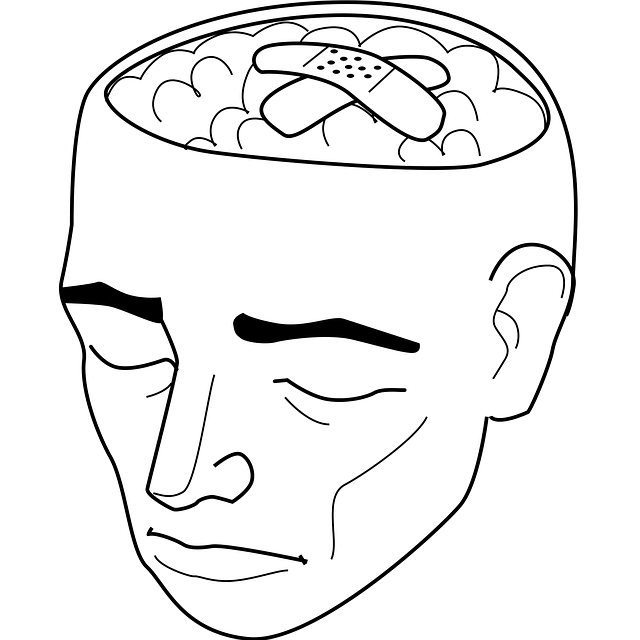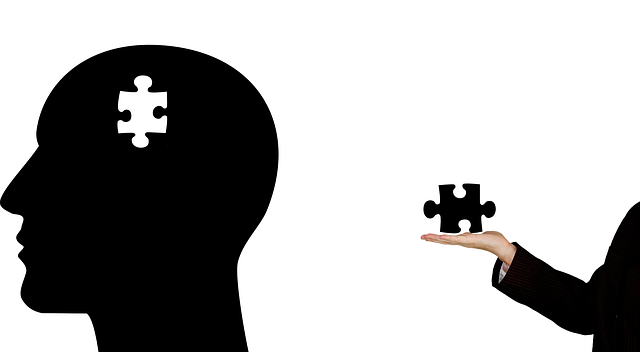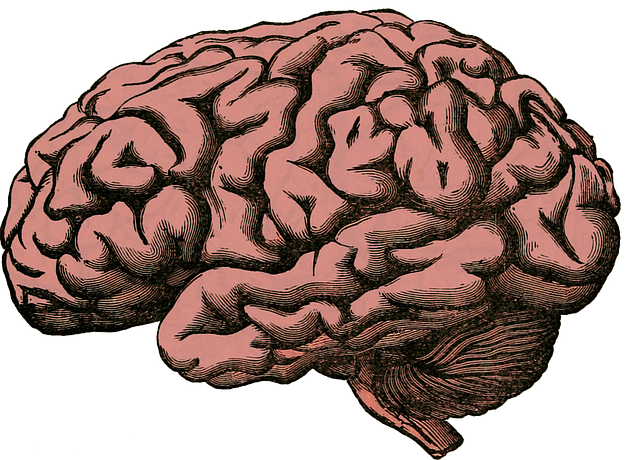Media portrayal significantly influences young minds, shaping their understanding of mental health. Positive depictions in films, TV, and literature can foster empathy, break down barriers to therapy, and encourage emotional regulation skills for children affected by divorce or trauma. Nuanced media portrayals promote understanding, reduce stigma, and help young viewers recognize and discuss their emotions openly. However, current media often reinforces harmful stereotypes about divorce, neglecting successful coping strategies and discourages therapeutic solutions like therapy for children. There's a pressing need for more balanced and accurate representation to encourage mental wellness conversations and explore therapeutic options for children affected by divorce. Collaborative efforts between media creators, mental health professionals, and advocates are crucial to normalizing healthy coping skills and effective therapy for these young viewers.
Mental illness representation in media plays a pivotal role in shaping public perception, especially among children. This article delves into the profound impact of media portrayals on mental health awareness among young audiences, with a specific focus on divorce. We examine the current state of divorce depictions in popular media and their effects on vulnerable viewers. Additionally, we explore positive representation strategies and advocate for accurate therapy portrayals in media featuring children and divorce, offering therapeutic paths towards healing.
- Understanding the Impact of Media Portrayal on Mental Health Awareness for Children
- The Current State: How Divorce is Depicted in Popular Media and its Effects
- Positive Representation: Strategies to Promote Healing Through Media
- Empowering Change: Advocating for Accurate Therapy Portrayals in Media Featuring Children and Divorce
Understanding the Impact of Media Portrayal on Mental Health Awareness for Children

Media portrayal plays a significant role in shaping young minds and influencing their understanding of mental health. For children, who are still developing self-awareness exercises, exposure to media content can either foster empathy or perpetuate stereotypes about mental illness. Positive representation in films, TV shows, and literature can introduce kids to diverse experiences, encouraging emotional regulation skills and breaking down barriers associated with seeking therapy for children affected by divorce or other traumatic events.
By showcasing characters navigating mental health challenges in a nuanced manner, media has the power to promote understanding and reduce stigma. This, in turn, may prompt young viewers to recognize their own emotions more effectively and encourage open conversations about mental well-being. Furthermore, self-awareness exercises derived from such representations can equip children with tools for mood management, ensuring they grow up with a healthy mindset, even when facing adversity.
The Current State: How Divorce is Depicted in Popular Media and its Effects

In popular media, divorce is often portrayed as a traumatic event, largely focusing on the emotional turmoil and financial strain it causes. This depiction can perpetuate harmful stereotypes about families going through separation, especially when it comes to the impact on children. The current state of media representation fails to capture the nuanced reality of divorce, rarely showing successful coping strategies or the potential for growth amidst change. Children are often portrayed as passive victims, which can undermine their resilience and the importance of therapy for children during such times.
The effects of these portrayals are significant, shaping public perception and potentially influencing how individuals navigate their own experiences. Media has a powerful role in shaping societal attitudes towards mental wellness, particularly during challenging life events like divorce. By presenting divorced parents and their children as lacking inner strength or hope, media can inadvertently discourage the exploration of compassionate cultivation practices that could aid in healing and recovery. This is where the need for more balanced and accurate representation becomes evident, encouraging conversations around mental illness and offering solutions like therapy for children to foster resilience.
Positive Representation: Strategies to Promote Healing Through Media

Media has a significant impact on shaping societal perceptions and understanding of mental health. Positive representation of mental illness in media can play a pivotal role in promoting healing and reducing stigma. When depicted accurately and with empathy, stories of individuals navigating mental health challenges can inspire hope and encourage those struggling to seek therapy. For instance, showing characters effectively managing conditions like anxiety or depression through therapy, self-care practices, and support networks can normalise the idea of seeking help. This strategy is especially crucial when it comes to addressing sensitive issues such as divorce and its impact on children’s mental health.
Incorporating diverse narratives that reflect various cultural backgrounds and experiences ensures a more inclusive approach to mental illness representation. Healthcare provider cultural competency training can be instrumental in developing such content, ensuring accurate and respectful portrayal. By encouraging self-esteem improvement and positive coping mechanisms, media has the potential to empower viewers and foster open conversations about mental health. This, in turn, can lead to better access to resources and services for those in need.
Empowering Change: Advocating for Accurate Therapy Portrayals in Media Featuring Children and Divorce

Media portrayal of children facing divorce often presents a skewed picture, perpetuating harmful stereotypes about mental wellness and therapy. By advocating for more accurate depictions of healthy coping skills development and effective therapy for children divorce, we can empower positive change. Depictions that normalize these experiences and showcase diverse therapeutic approaches can help reduce stigma associated with seeking anxiety relief and support healthier family dynamics.
This shift requires collaborative efforts from media creators, mental health professionals, and advocates. Encouraging authentic storytelling that reflects the complexities of these situations while also highlighting resources available for children and families is crucial. Such representations can foster empathy, encourage open conversations about mental illness, and ultimately promote a more supportive environment for those navigating divorce and its associated challenges.
Media has a significant impact on shaping societal perceptions, especially concerning mental health. By challenging negative stereotypes and advocating for accurate representations, we can foster a more supportive environment for children facing mental health issues and their families going through divorce. Implementing strategies that promote positive and realistic portrayals in media can lead to increased awareness, reduced stigma, and better access to suitable therapy for children divorce. It is crucial for media creators to acknowledge their influence and strive for authentic storytelling that reflects the complexities of mental illness and family dynamics, ultimately contributing to a healthier discourse.











